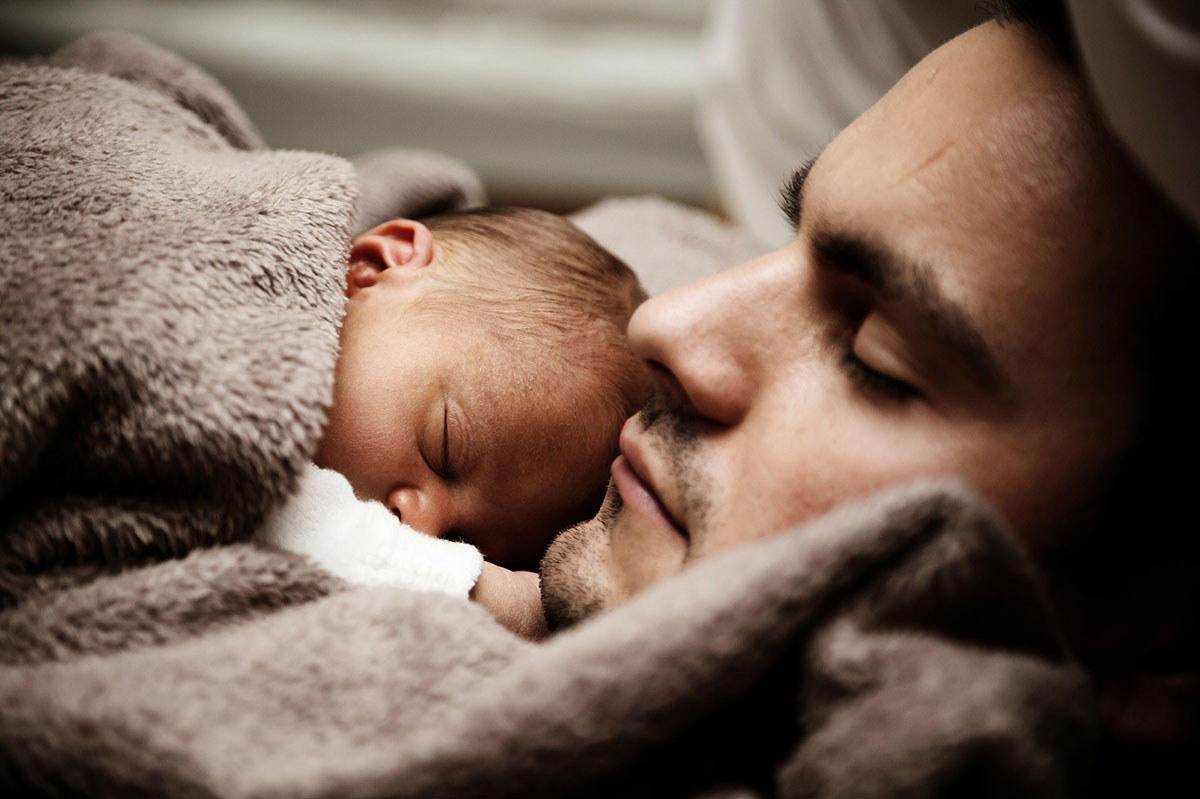Do we have mistaken ideas about sleep?

My oldest son wasn’t a very good sleeper. In fact, I didn’t know how little sleep one could survive on and still talk in complete sentences until he came into my life. When he was diagnosed with colic and reflux, I was told to prop him up to sleep, and to feed him rice cereal in a bottle (which I didn’t do). I was told that he would out-grow his night waking as the months went by and was reassured by countless parents that all children do eventually sleep. And he did eventually sleep. At 11, my challenge is now to get him out of bed!
It seems that sleep-deprived parents are given two choices: cry- it-out or just wait until they outgrow it.
But is there another way?
Was my son’s lack of sleep more than just an inconvenience?
Was he trying to communicate something to me through his night waking?
A few months ago, I recorded an audio series with Ray Castellino and Mary Jackson about infant and toddler sleep. I was amazed to learn that the way that a baby comes into the world has a profound effect on the way that a baby sleeps or doesn’t sleep. In fact, through their work at BEBA (Building and Enhancing Bonding and Attachment) in Santa Barbara, CA, Ray and Mary have learned that babies communicate with their parents at night (when they have our full and undivided attention) through waking, body movements, and sounds to tell their story. When babies’ stories are expressed and listened to during the day, sleep improves.
This idea intrigued me. Was it possible that my son’s very quick birth had been difficult for him? Was it possible that he was communicating the stress he had felt during my pregnancy with him while I was working 70 hours/week doing home visits for my master’s degree? Or the preterm labor that landed us in the hospital on medications to stop my labor? Or the pitocin that was used to start my labor after my water broke at term?
Could that really affect his sleep?
My 11 year old, as I mentioned, is sleeping just fine; however, I am working with families with children who aren’t sleeping well. What happens to a child’s sleep patterns when we support a child to tell his story?
In my blog next week, I’ll share some things that parents can do to see this challenge in a different light and start moving toward more peaceful night sleeps no matter how old your child is now. I’m excited to share this ground-breaking clinical experience with you and your family.
